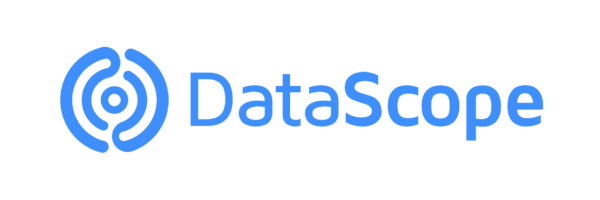The health industry is trying to adjust to the outbreak of new technologies such as Internet and mobile devices. Just like other industries in which new tech tools are being added to improve or supplement the “traditional ways” how things were done until now, the world of medicine is promoting changes in essential documents such as medical history forms, as a sample of its evolution towards much faster platforms, more efficient, better adapted to our world today.
In this regard, according to HIT Infrastructure based on a study by Mercom Capital Group, the mobile health came out on top as the most invested in health IT solution in 2016, and the industry saw general growth of mobile health IT initiatives.
Mobile health includes the use of wireless technology such as laptops, tablets, and smartphones to enhance patient care and improve outcomes by giving clinicians ubiquitous access to secure health data. Healthcare organizations and VCs recognized the value of wireless technology for clinicians and nearly doubled their investments in mobile health in 2016.
Data analytics received a significant amount of VC funding in 2016 with $5.7 million. The healthcare industry is leaning more towards data analytic solutions for all sorts of documents (such as medical history forms), as mobile and wearable medical devices are collecting large volumes of valuable data.
Organizations are facing databases full of clinical data waiting to be sorted and analyzed. Healthcare organizations are recognizing the while electronic health records (EHRs) provide important and detailed information, they are limited by structured data fields.
More advanced analytic solutions are required. In that line, what signals can work as indicators that medical history forms need an upgrade to adapt to our current needs?
- Paper medical history forms become lost and electronic health records are always outdated because entering the information from paper to a digital format is tedious and takes too long. This is the advantage of medical history forms mobile apps: the data entry is quick and simple, the data doesn’t get lost, and the latest updates concerning each patient are always available.
- Conventional medical history forms are very hard to customize, and the items to fill in aren’t extensive enough to include all the necessary information. This is solved thanks to pre-filled mobile forms which can be modified quickly, apart from including the signature of the person in charge, additional notes, and photos.
- The collected information gets lost if the Internet connection is interrupted when filling electronic medical history forms, being forced to start over once the connection is restored. Mobile medical history forms such as DataScope let you fill all the data even without an Internet connection.
- The lack of immediate access to traditional medical history forms can cause delays in proper medical care. This can be solved with mobile apps such as DataScope, available for smartphones, other mobile devices, and PCs, and therefore the patient’s information is available immediately, on the palm of the hand, to doctors, hospitals, paramedics, etc.
In times when the most important thing is immediacy, the best medical care possible can be accomplished by having updated, complete information regarding each patient instantly, without ignoring any piece of information which can be decisive for an effective treatment. It’s easy to see why mobile medical history forms have already got a firm foothold in this series of changes.
DataScope is a platform which allows various industries to manage their workforce more efficiently thanks to it’s adaptable mobile forms which collect all the information of the work that was done.








